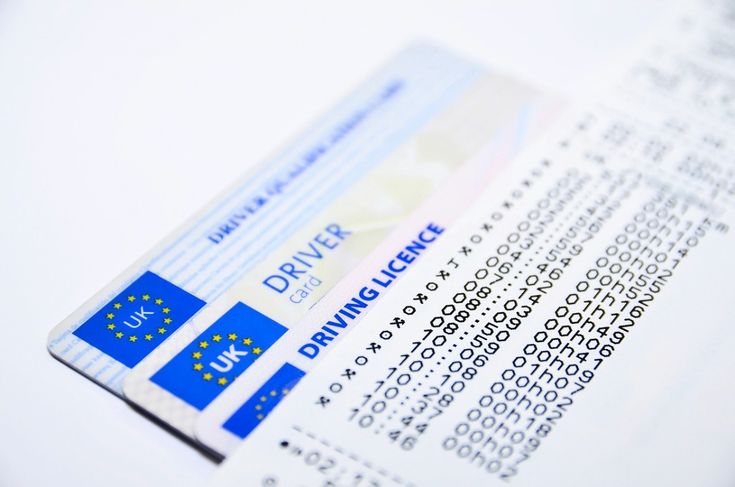UK Digital Driving Licences Coming Soon

The UK is set to introduce digital driving licences this year, marking a significant shift towards a more modern and convenient system for motorists. This change aligns with the government’s broader digital transformation strategy, aiming to make essential services more accessible and efficient.
What Are Digital Driving Licences?
A digital driving licence is an electronic version of the traditional photocard licence, stored securely on a smartphone app. It will allow drivers to prove their eligibility to drive without carrying a physical card, much like how digital wallets have replaced cash and credit cards for many transactions.
The initiative is being led by the Driver and Vehicle Licensing Agency (DVLA), which has been working on the digitalisation of driving related documents for several years. The introduction of digital licences will complement existing online services such as vehicle tax renewal and MOT history checks.
Benefits of Digital Driving Licences
The move to digital licences comes with several key advantages:
- Convenience – Drivers will no longer need to worry about losing or damaging their physical licences, as the digital version will be accessible via a secure mobile app.
- Security – Digital licences are expected to have enhanced security features to reduce the risk of fraud and identity theft.
- Efficiency – Law enforcement officers, car rental agencies, and other authorised bodies will be able to verify a driver’s credentials instantly, streamlining checks and reducing paperwork.
- Environmental Impact – Reducing the need for plastic licences aligns with the government’s sustainability goals by cutting down on plastic production and waste.
How Will It Work?
While full details of the rollout are yet to be finalised, it is expected that drivers will be able to access their digital licences via a secure government app, similar to the NHS app used for COVID-19 vaccination records. The app will likely use biometric authentication (such as facial recognition or fingerprint scanning) to verify the identity of the licence holder.
Initially, digital licences are expected to be offered alongside physical licences rather than replacing them entirely. This approach will give drivers time to adapt while ensuring that those without smartphones can continue using traditional licences.
Potential Challenges
Despite the benefits, there are a few potential hurdles:
- Digital Divide – Not all drivers may have access to smartphones or be comfortable using digital services.
- Privacy Concerns – Some individuals may be wary of storing personal identification on their phones due to hacking risks.
- Compatibility – The system must be widely accepted by authorities, businesses, and international driving regulators to ensure smooth implementation.
When Will Digital Licences Be Available?
The UK government has not yet announced a specific launch date, but the DVLA has confirmed that digital licences will be introduced this year. A phased rollout is expected, beginning with provisional licences before expanding to full licences.
Final Thoughts
The introduction of digital driving licences is a significant step towards modernising the UK’s transport system. With added convenience, security, and sustainability benefits, the move is likely to be welcomed by many drivers. However, ensuring accessibility and public trust will be key to a successful transition.
As the launch date approaches, motorists are advised to stay informed through official DVLA updates and ensure they have a compatible device to take advantage of this new system.
UK Digital Driving Licences
